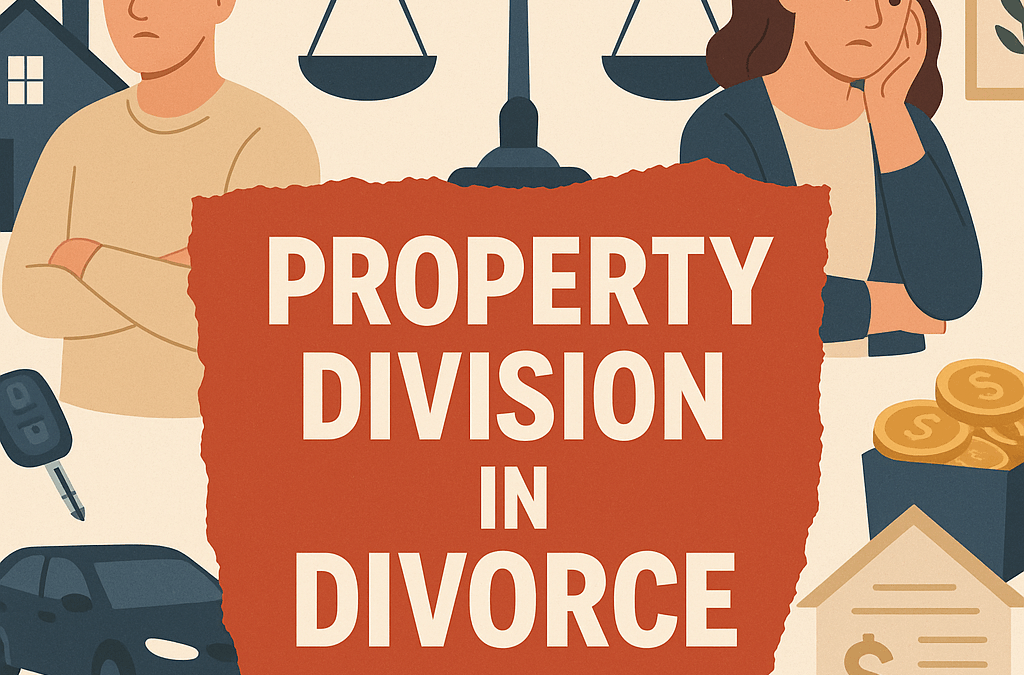The Truth About Property Division in Divorce
Dividing property during divorce can feel like tearing a life in half. If you’re worried about your ex taking “half of everything,” you’re not alone. But before you start mentally packing up your favorite furniture and bank account, let’s clear up a few misconceptions about how property division actually works in Georgia.
It’s Not a 50/50 Split—It’s What’s “Fair”
Georgia follows what’s called equitable distribution. That doesn’t always mean “equal”—it means fair. And fair doesn’t always look like half and half. A judge will look at a number of factors before deciding who gets what, including:
- How long you were married
- Each person’s income and earning potential
- Who contributed what (financially or otherwise)
- Whether either spouse wasted or hid assets
- If one person needs more support due to circumstances
So no, your ex isn’t automatically entitled to half your paycheck, your house, and your retirement. The court is focused on fairness, not a math equation.
Marital Property vs. Separate Property
One of the biggest pieces of the puzzle is whether something is marital property or separate property.
Marital property includes anything you acquired during the marriage:
- Income
- Real estate
- Cars
- Furniture
- Retirement accounts
Separate property includes what you brought into the marriage or inherited individually. So if you owned a house before tying the knot or inherited money from a relative, that could be protected—as long as you didn’t mix it too much with joint assets.
What About the House?
This is one of the most emotional assets. If you both own the house, there are a few common outcomes:
- One spouse buys out the other
- The house is sold and proceeds are split
- One spouse stays, but must refinance in their name
The tricky part? If your ex keeps the house but you stay on the mortgage, your credit could be affected. That’s why these agreements need to be carefully structured—sometimes including a clause that says the house must be sold if refinancing isn’t possible.
Hidden Assets? Don’t Play That Game
Trying to hide assets during divorce is a fast way to lose credibility—and possibly get hit with financial penalties. If you suspect your spouse is hiding money, don’t guess—get a lawyer. A good attorney can request bank records, tax filings, and more during discovery.
Can We Just Agree Without a Fight?
Absolutely. In an uncontested divorce, you and your spouse can agree on how to divide property without stepping into a courtroom. An attorney will help draft the agreement, review it for legal accuracy, and make sure it’s enforceable.
The bonus? You save time, money, and emotional energy—plus, you’ll likely get your divorce finalized faster than if you battle it out in court.
You Worked for It. Let’s Make Sure It’s Handled Right.
Your property is more than just stuff—it represents your effort, your future, and your stability. Don’t rely on DIY divorce forms or online calculators. Let an attorney review your situation, explain your rights, and help you walk away with peace of mind.
Ready to protect what’s yours? Call Catherine Verdery Ryan, Attorney at Law, at (706) 722-2663 or visit www.catherineryanlawyer.com. You don’t have to give up what matters to move forward.

